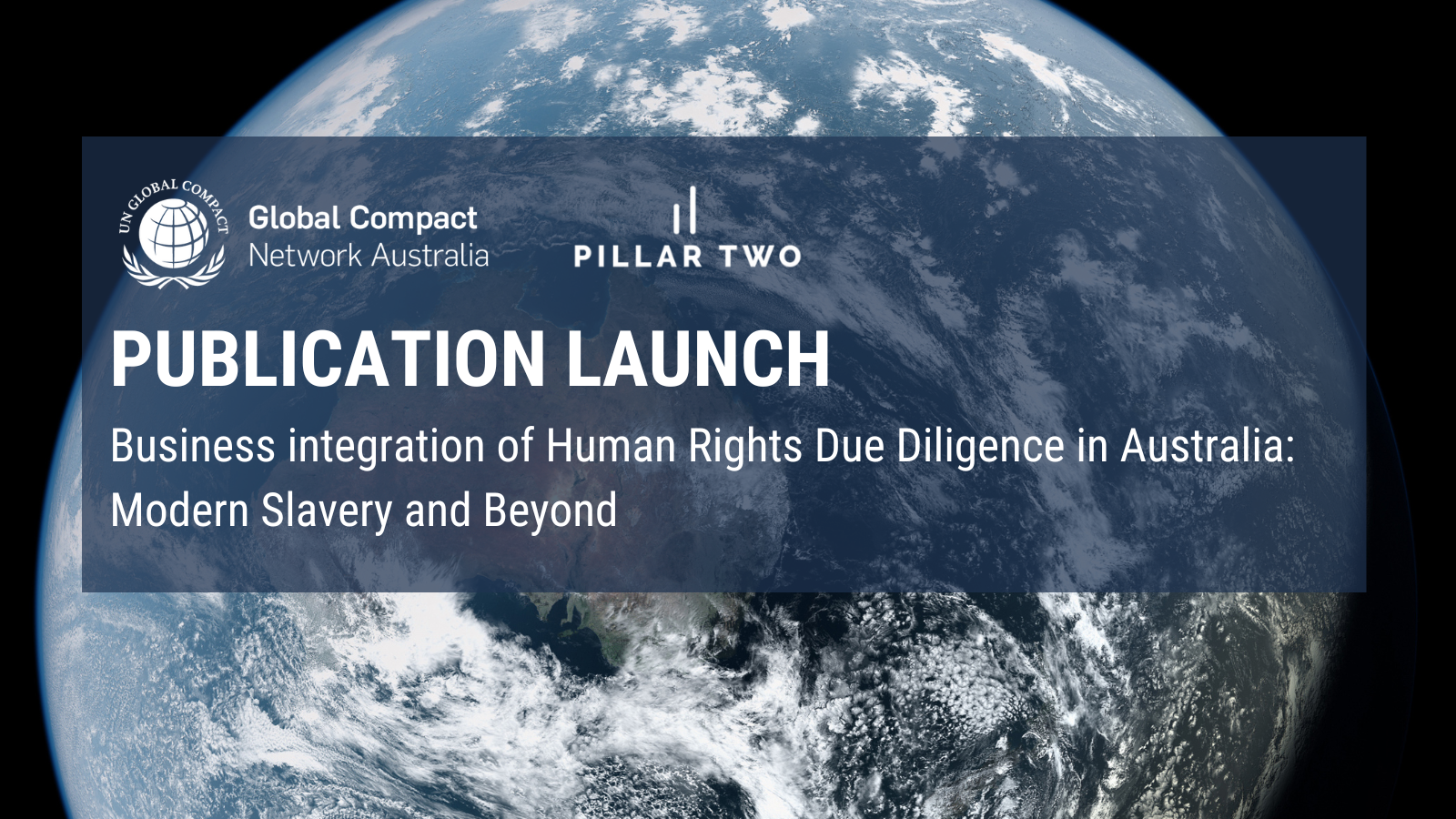
News, Sustainable Development Goals
New Report on Corporate Sustainability Reporting in Australia
UN Global Compact Network Australia | July 11, 2017
A new report – Corporate Sustainability Reporting in Australia – has found corporate sustainability reporting (including economic, environmental, social and governance risks) is improving, but significant gaps remain including in relation to climate-related disclosures.
The report, compiled by the Australian Council of Superannuation Investors (ACSI), provides annual analysis of sustainability reporting efforts by the ASX200. This year’s report, which looked at 2016 disclosures, found that most ASX200 companies see the value in sustainability disclosure with 92% undertaking some reporting.
The report also found that high standards of sustainability disclosure are increasingly the norm, with over 50% of the ASX200 now reporting to a “Leading” or “Detailed” level (compared to 19.5% in 2008). Further, eighty-five cents in every dollar invested in the ASX200 flows to companies that report to a high standard.
In terms of reporting frameworks, an increasing number of ASX200 companies are now apply the GRI Standards. In an emerging trend, 19 of the ASX200 used or referred to the Sustainable Development Goals as a framework.
There is still room for improvement though. 42% of ASX200 companies received a “Basic” or “Moderate” rating, and 8% did not undertake any sustainability disclosure. ACSI’s Chief Executive, Louise Davidson, said, “The ongoing challenge for ACSI is to embed greater meaning into companies’ sustainability disclosure. We want companies to identify the sustainability risks they face and articulate the steps they are taking to address them.”
This year, ACSI’s report also specifically looked at climate related disclosures, noting four key developments which have increased the prominence of climate risk and disclosure in the Australian investment community: the Financial Stability Board’s Taskforce on Climate-Related Financial Disclosures (TCFD), Australia’s ratification of the Paris Agreement, the legal opinion from Novel Hutley SC on climate risk and director duties, and the speech from APRA board member Geoff Summerhayes around the regulator’s expectations in this space.
More than half of the ASX200 (58%) reported greenhouse gas emissions, and 44% had a policy statement or other statement acknowledging climate change as a risk. However, only 24% disclosed a climate-related or energy efficiency target, and 35% did not measure GHG emissions, have a policy or statement on climate-related risk or a related target in 2016.
ACSI is encouraging companies to adopt the best practice framework developed by the Financial Stability Board’s Task Force on Climate-related Financial Disclosures.
For more information read the full report.

